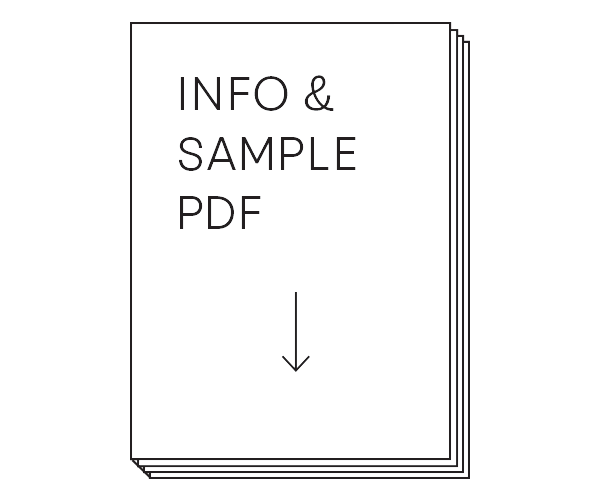ABCDEFGHIJKLMNOPQRSTUVWXYZ
abcdefghijklmnopqrstuvwxyz
& (Ää Éé Øø) {@©®} [!?“”«»*] ←
ABCDEFGHIJKLMNOPQRSTUVWXYZ
abcdefghijklmnopqrstuvwxyz
& (Ää Éé Øø) {@©®} [!?“”«»*] ←
ABCDEFGHIJKLMNOPQRSTUVWXYZ
abcdefghijklmnopqrstuvwxyz
& (Ää Éé Øø) {@©®} [!?“”«»*] ←
ABCDEFGHIJKLMNOPQRSTUVWXYZ
abcdefghijklmnopqrstuvwxyz
& (Ää Éé Øø) {@©®} [!?“”«»*] ←
